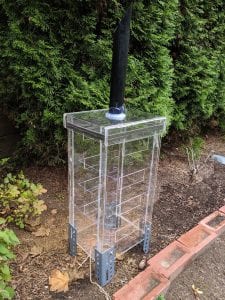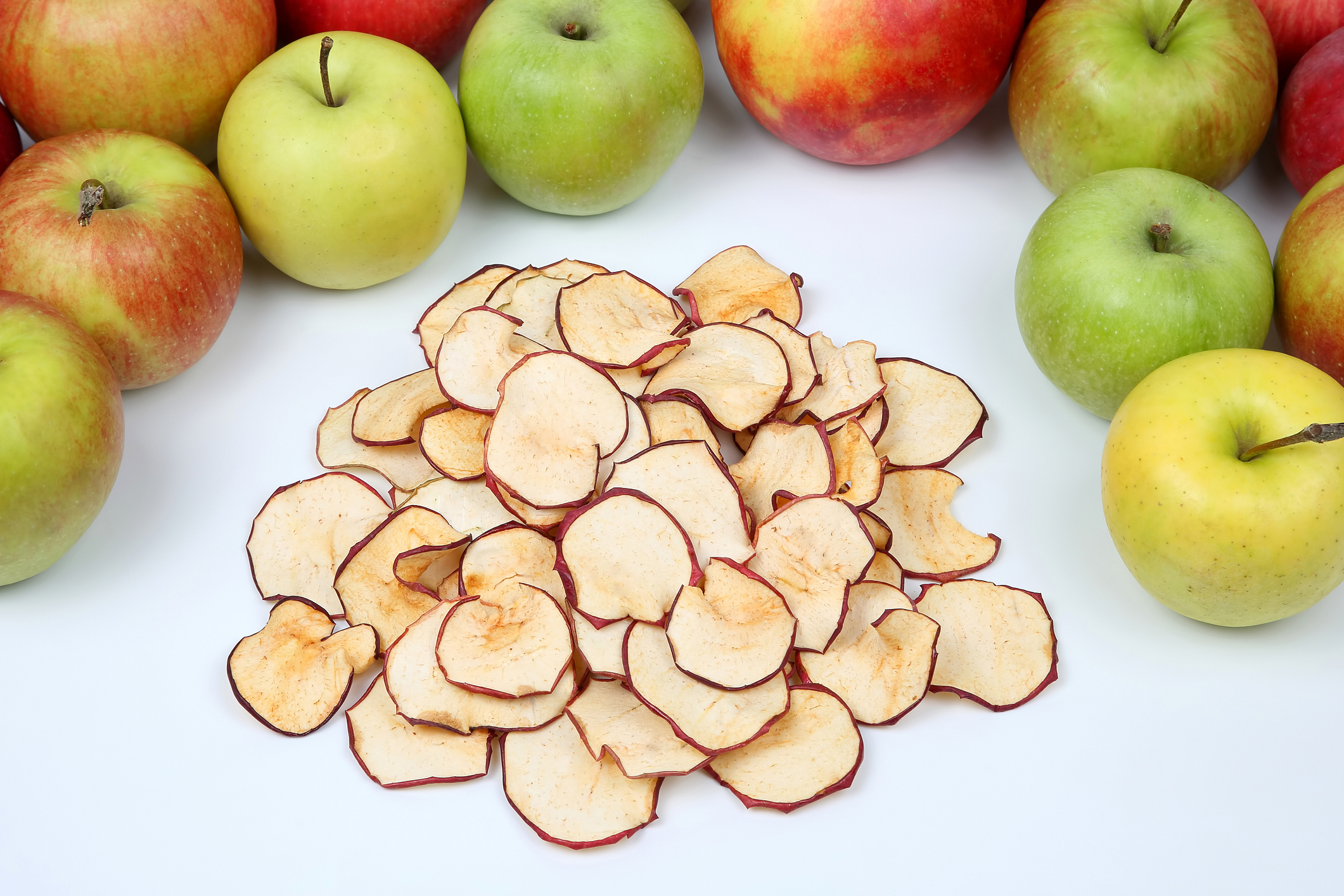Note to media: If you are interested in interviewing Brendan and Mikhail, please contact Amy Chen.
For small-scale farmers, particularly in the Global South, growing their crops is just one part of a financially sustainable business. For many agricultural communities, the resources and technology to store their harvests aren’t accessible, leaving tonnes of fruit and vegetables going to waste every day. Along with increasingly unpredictable changes in climate, this can further jeopardize the livelihoods of farmers whose work is already precarious.

Aiming to reduce food waste
One group of BCIT students is working on a project to help address this food waste by leveraging the power of the sun. Named Ra Solutions after Ra, the Egyptian god of the sun, the project focuses on developing solar dehydrators to provide an efficient, safe, and cost-effective way to dry fruits and vegetables in regions with warm climates and little access to other forms of food storage.
Mikhail Rego is one of the Mechanical Engineering students leading the design. As he explains, “The sun heats up a heat chamber similar to the way a car heats up on a hot day. That heat should naturally flow into the food chamber and dehydrate the fruit or herbs [inside].”
Interdisciplinary collaboration and applied learning
Studying Marketing Management at BCIT, Brendan Banks was initially inspired by the project’s potential to make a difference and took on the role Vice-President & Project Manager of Ra Solutions. Last fall, Brendan got together a team of ten full-time BCIT students, seven in Engineering and three in Business Studies, to help move the project forward. Through weekly meetings, many design iterations, and occasional support from faculty and business advisors, the group designed and built their first prototype in under a year.
“The engineering design was a long process but very important,” says Brendan. Comparing the project to running a start-up, Brendan says one of the main challenges was to keep the momentum going since everyone was volunteering their time amidst full-time studies.
“It was great to work with business students,” says Mikhail, adding they they brought a different perspective than those with an engineering background. “They’re very proactive and on point, as soon as they realize there’s a problem. It led to a lot of differences in opinion on things like cost-effectiveness and presentation while [as engineers] we were focused on function.”
In the end, say Brendan, the balance of ideas helped advance the project in positive way.
“We’ve learned to work as a team and build relationships,” says Brendan, “It’s cool to see different parts of the school working together to make something physical.”
SEE MORE: BCIT student traces salmon through digital cartography
Making an impact in the community

Ra Solutions grew out of BCIT student-led Enactus group, part of a global network of student, academic and business leaders seeking to apply entrepreneurial innovation to problems in a sustainable way. The project is now testing out the first prototype in partnership with Enactus at Okanagan College.
“One of the reasons I love Enactus is that I can apply what what I’m learning,” says Brendan, “Everything I learn at BCIT I apply at Enactus.”
As a junior designer, Mikhail says he has a lot to learn still, “It gives [me] a huge boost in confidence to have built something…I’ll keep doing it. One thing I really like about [this project] is that it puts a heart into what I’m building.”
Brendan and Mikhail both agree, “Helping people in real life—that’s what’s most important.”
Over the next year, the group is looking forward to improving on the design of their prototype and building partnerships with non-profit organizations to help distribute the solar dehydrators once optimized.
You can learn more about the project and get involved with Enactus.
Have you subscribed? Sign-up to receive the latest news on BCIT.
This story is part of the monthly Countdown to Ecocity 2019 series, which highlights BCIT’s leadership in the face of today’s complex environment challenges. This initiative supports the Ecocity Standard for Healthy and Accessible food, which supports nutritious and accessible food for all, produced in alignment with healthy ecosystems.
Learn more about BCIT’s role as host of the Ecocity World Summit in 2019.
